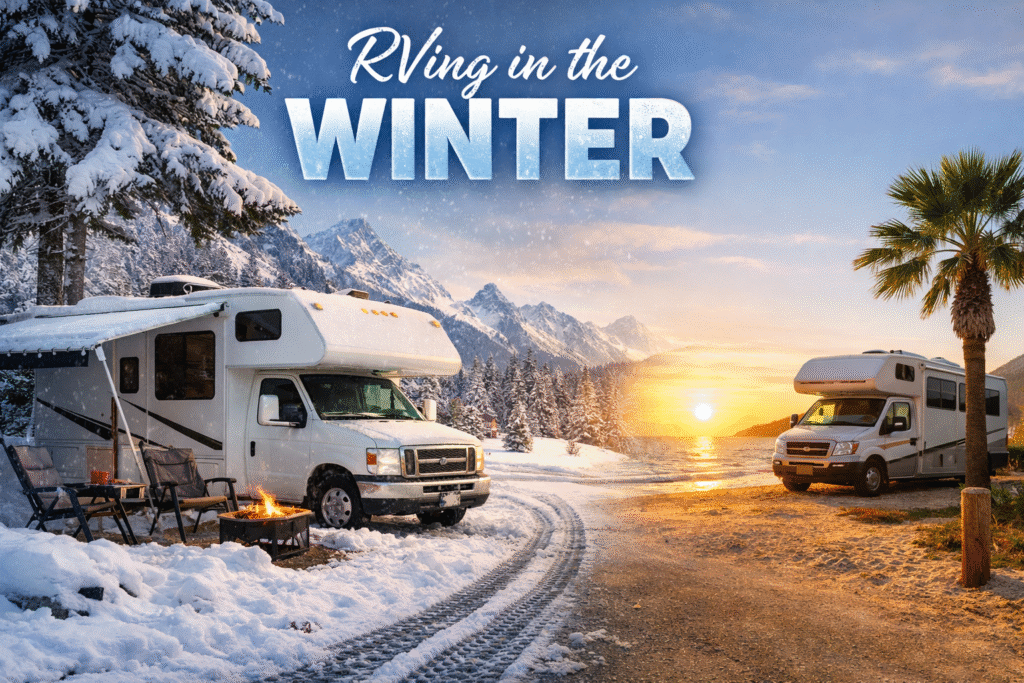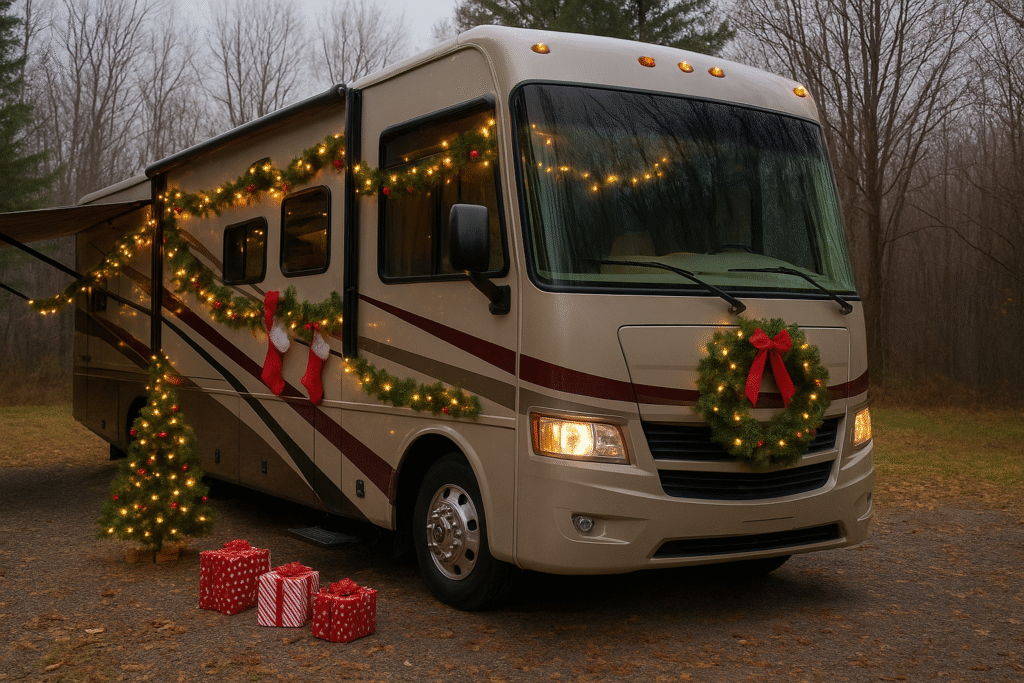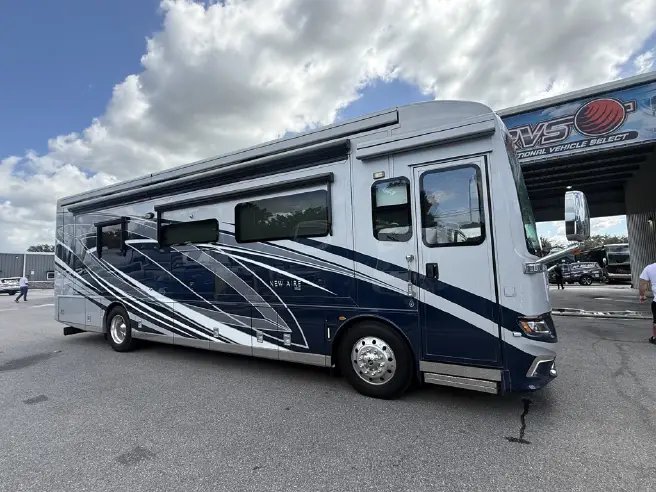Maybe you’re considering buying your first RV and are figuring out what types would work best for you. Amid all the research, you may have some questions about RV warranties, especially the extended warranties that many dealers offer.
So, let’s take a closer look at what extended warranties for RVs entail!
What is a Warranty?
A warranty is a contract from a manufacturer that guarantees the integrity of the product and protects your investment. If something fails or breaks in the vehicle’s powertrain or in certain systems and components that are covered by the warranty, and the failure or break is caused by faulty workmanship or defective parts, the manufacturer agrees to pay for or replace the damaged system or part. When you buy a brand new RV, it may come with a manufacturer’s warranty that lasts for a certain amount of time or up to a certain number of miles put on the vehicle.
An extended warranty is an additional purchase you make to extend the original warranty coverage in some way. You can buy the extended coverage at the time of purchase or, in many cases, you can purchase it just before your original warranty expires.
Is an Extended Warranty Worth It?
An extended warranty can be worth it for some RVers, especially when the idea of unexpected repair costs for breakdowns, mechanical failures, and appliance failures is a big concern. Making repairs to your RV can be stressful and costly, but an extended warranty could help cover some of that cost and give you peace of mind to boot.
Of course, not all extended warranties or the companies that offer them are the same. Additionally, extended warranties aren’t cheap. So whether an extended warranty is right for you will depend on what you deem to be important. As such, you should do your homework. Look for reputable companies that offer RV extended warranties, read reviews, compare costs, and think about the coverage that you feel is essential to properly protect your rig and your wallet.
What’s Not Covered?
In general, cosmetic damage caused by physical damage or collisions is not covered. So if you back into a tree, your warranty will not cover the damage. Normal maintenance-related issues are also typically not covered. It’s assumed that as an RV owner, you will properly care for and perform regular maintenance on your rig to ensure it stays in good shape. For this reason, extended warranties won’t cover things like worn tires, for example.
Ultimately, you should do all the research necessary to make an informed decision about buying any extended warranty coverage. Read all the fine print, and ask questions about things you don’t understand. This will ensure you get a warranty that best suits you, your rig, and your budget.
Have you purchased an RV extended warranty before? Did you find it useful or not? Let us know in the comments or contact us today!




